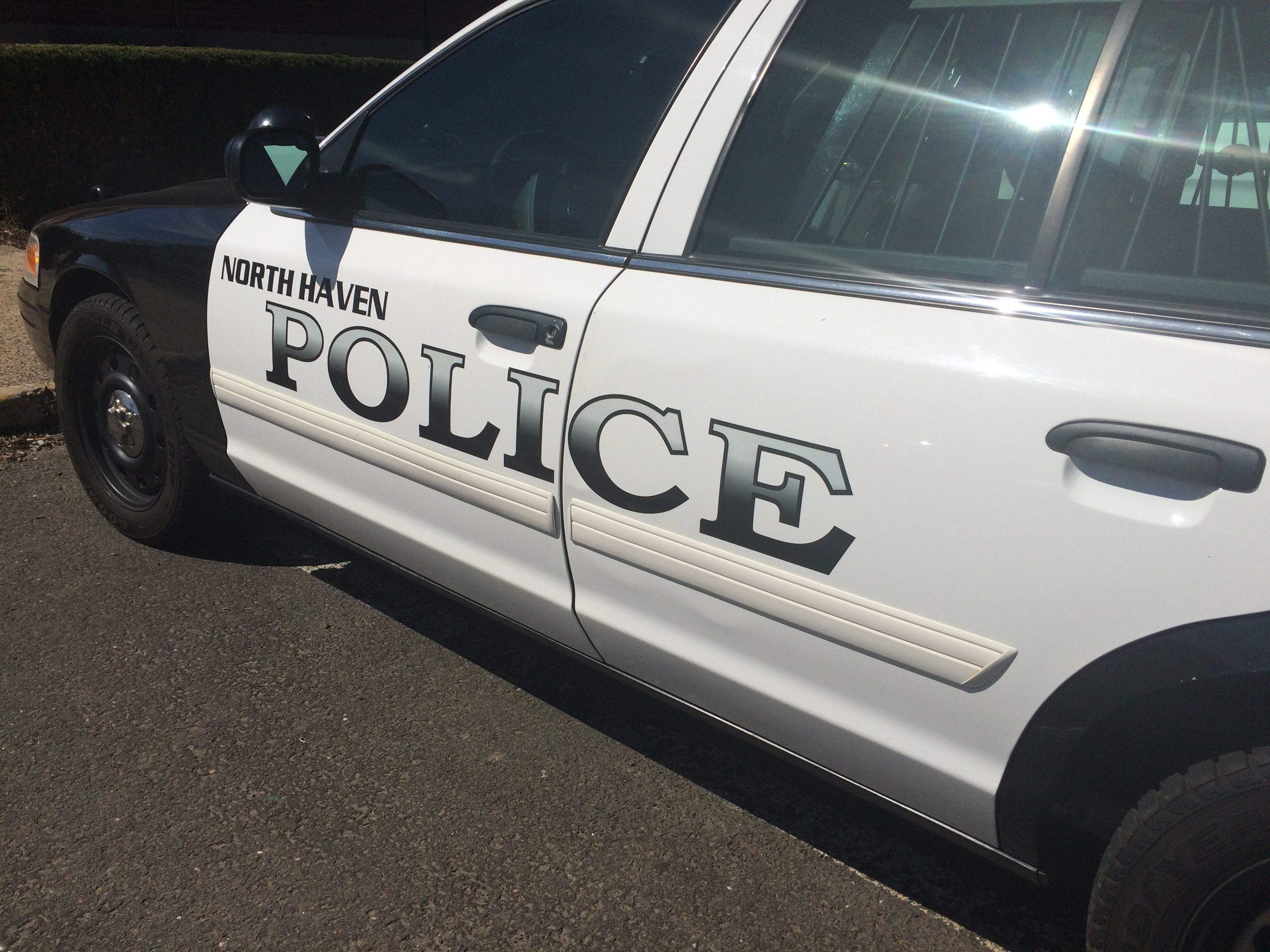Lawmakers took the first step Monday in modifying Connecticut’s groundbreaking and controversial police accountability law.
“We put our police officers in the job of trying to stop the bad guys on a daily basis,” Rep. Craig Fishbein (R-Wallingford) said.
Fishbein said he’s in favor of pushing back training on some of the major parts of the law until January 2022.
“It’s our job as legislators to provide guardrails to which they operate to protect the balance of the public,” he said.
Get Connecticut local news, weather forecasts and entertainment stories to your inbox. Sign up for NBC Connecticut newsletters.
Rep. Steve Stafstrom, who co-chairs the committee, said the changes approved Monday by the committee will help better implement the law passed in July.
“The substitute language before us does two things: one it gives some additional time for training of police officers on the new use of force policy,” Stafstrom said.
Instead of being trained by April 1 of this year, it requires the training to be done by next January.
Local
“This bill also makes minor modifications to the use of force policy we passed,” Stafstrom said.
The updated standard for use of deadly force stipulates that officers are justified if they “reasonably determined that there are no available” alternatives and that the officer has given warning they plan to use deadly force.
Police say they need more training especially if they adopt a new definition of deadly force.
Milford Police Keith Mello, who represents the state’s police transparency and accountability task force, asked for more time in February.
“This represents a change in a longstanding principle by which every Connecticut police officer has been trained, some for many years,” Mello said in February.
Mello urged lawmakers to change the effective date from April 1 to October 2022. He said that’s how long it would take to train 9,000 municipal and state police officers in the new use of force standards.
Lawmakers said they’re still open to changes when the bill gets to the House.
“I know it does represent a change in training, but I want us to be mindful that this law was enacted due to the disproportionate use of force in communities of color, especially deadly force,” Rep. Robyn Porter (D-New Haven) said.



